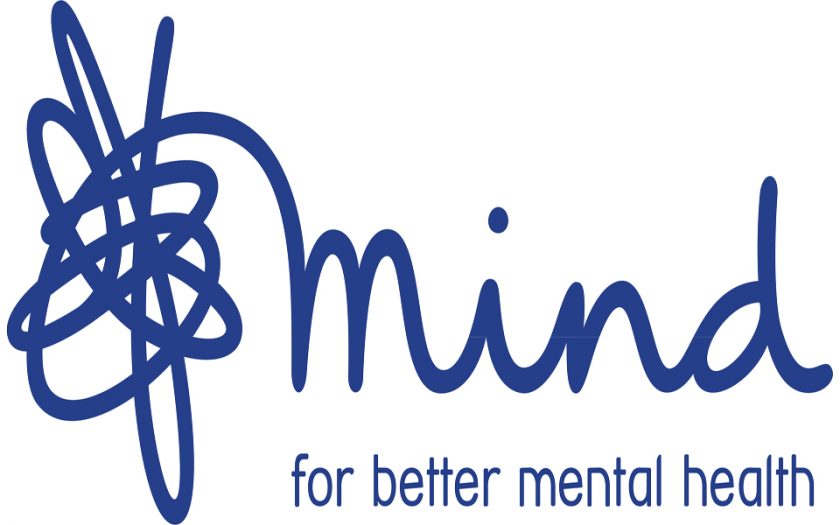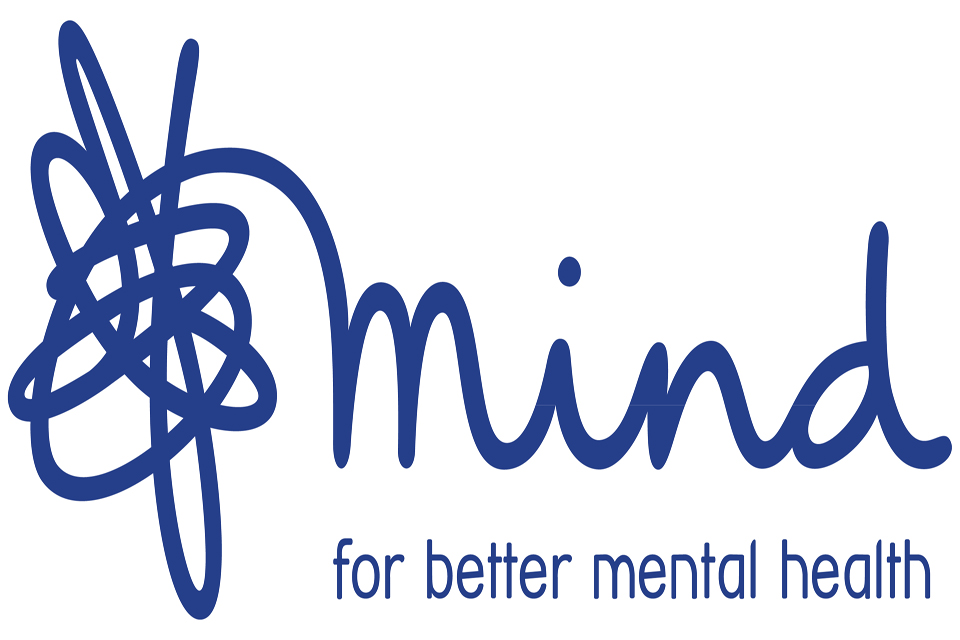From ‘MIND’
https://www.mind.org.uk/
Racism and mental health
If racism is affecting your mental health, we’re here for you. Our information can help you understand the impact of racism – and choose how and where to seek help. If you’re finding it hard to get the support you need, our tips can help you find a way forward.
Talking about race and racism
How racism can affect your mental health
Ways to support your mental health
Racism in the mental health system
Overcoming barriers to getting support
For a list of organisations that support people affected by racism:

Racism means using the concept of race to judge or treat some people worse than others. It exists in many forms, and on many levels in society – including in healthcare. It can include acts of discrimination and prejudice towards individuals and groups. It can also describe wider systems of oppression.
For those of us who are disadvantaged and harmed by racism, this can feel stressful and upsetting to explain to those who are not.
You shouldn’t have to.
But it can also feel validating and helpful to find new ways to define and describe our experiences.
Watch Samira, Faris, Ruth and Garrick talk about their experiences, and why these conversations matter:
At Mind, we are committed to becoming actively anti-racist in everything we do.



